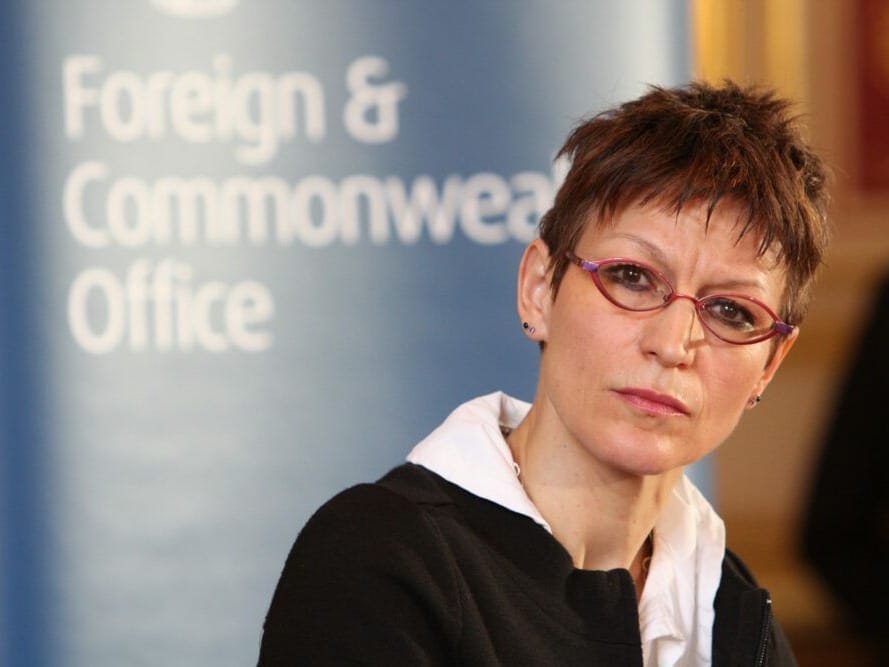GENEVA (AN) — An international team led by the U.N.'s top expert on politically motivated murders will visit Turkey next week to begin investigating Saudi dissident journalist Jamal Khashoggi's death.
French political scientist Agnès Callamard, an accomplished human rights activist and scholar, requested and authorized the investigation in her role as the United Nations' special rapporteur for extrajudicial, summary or arbitrary executions.







